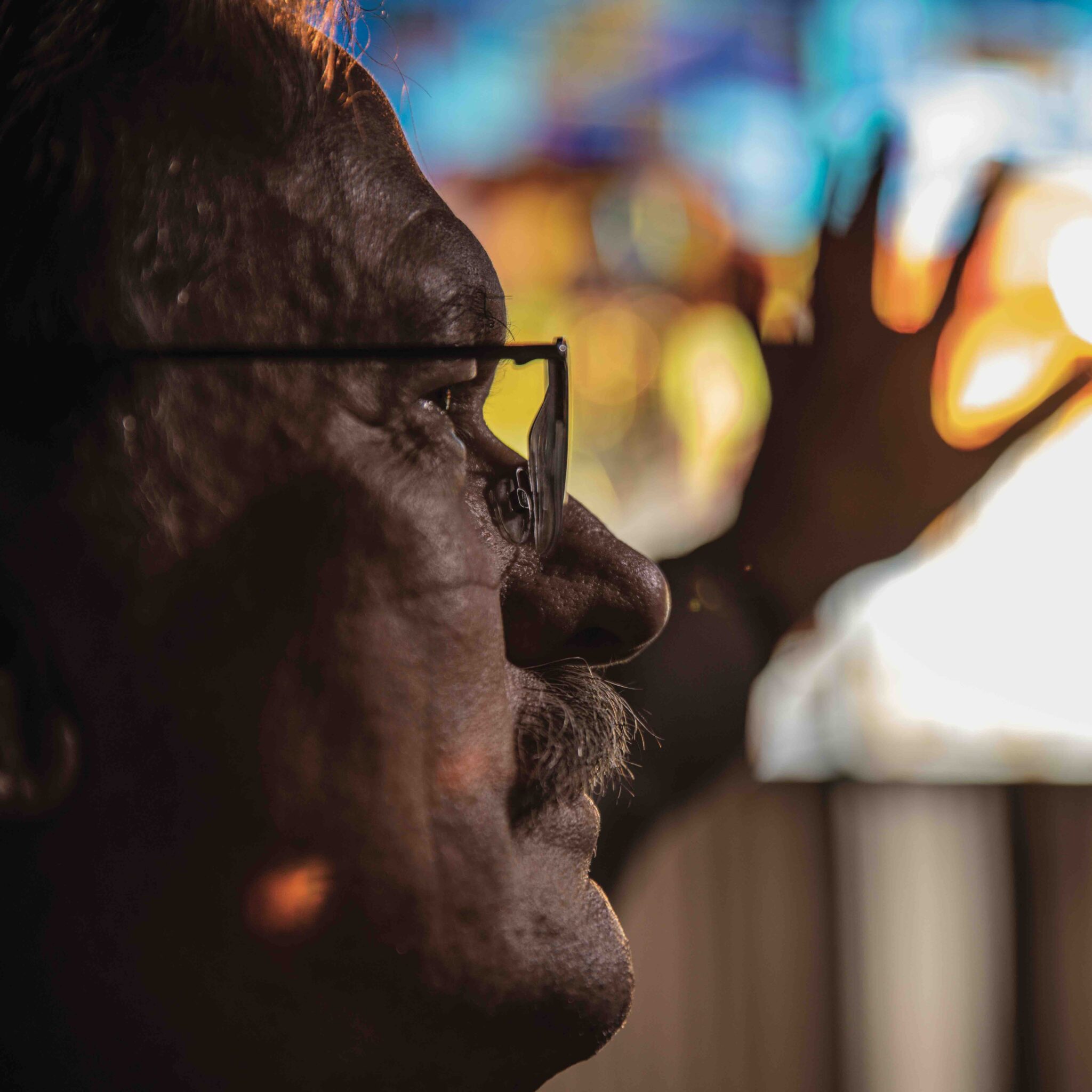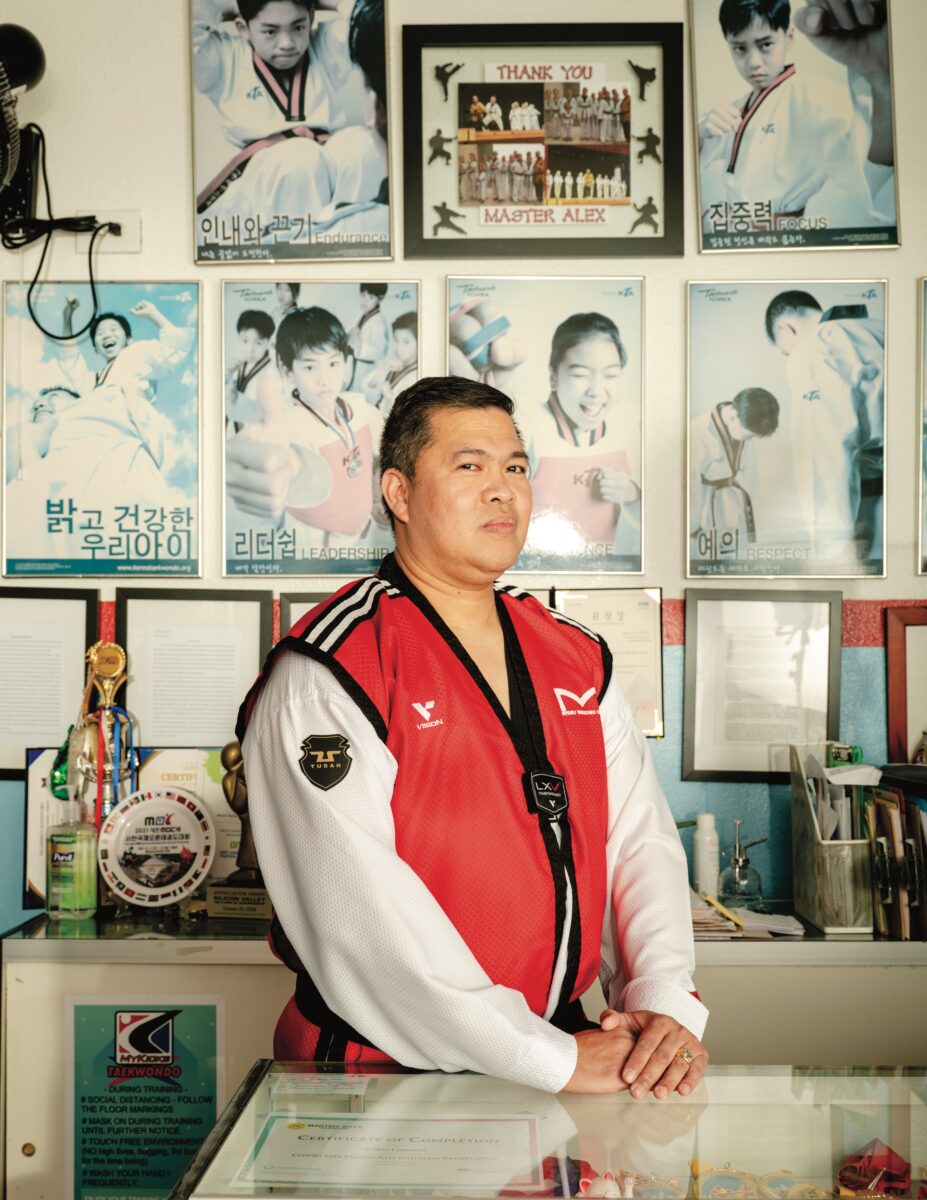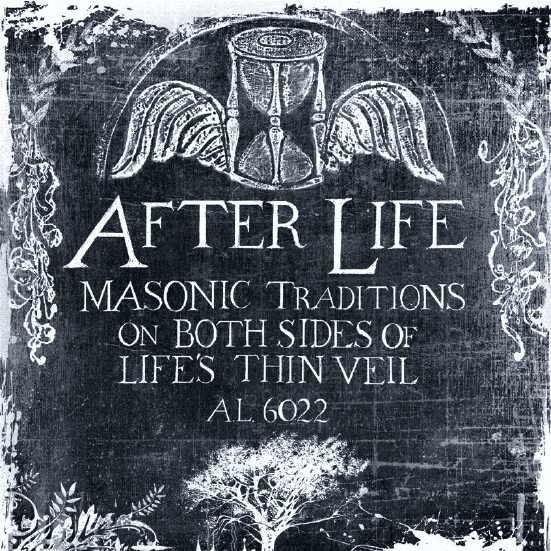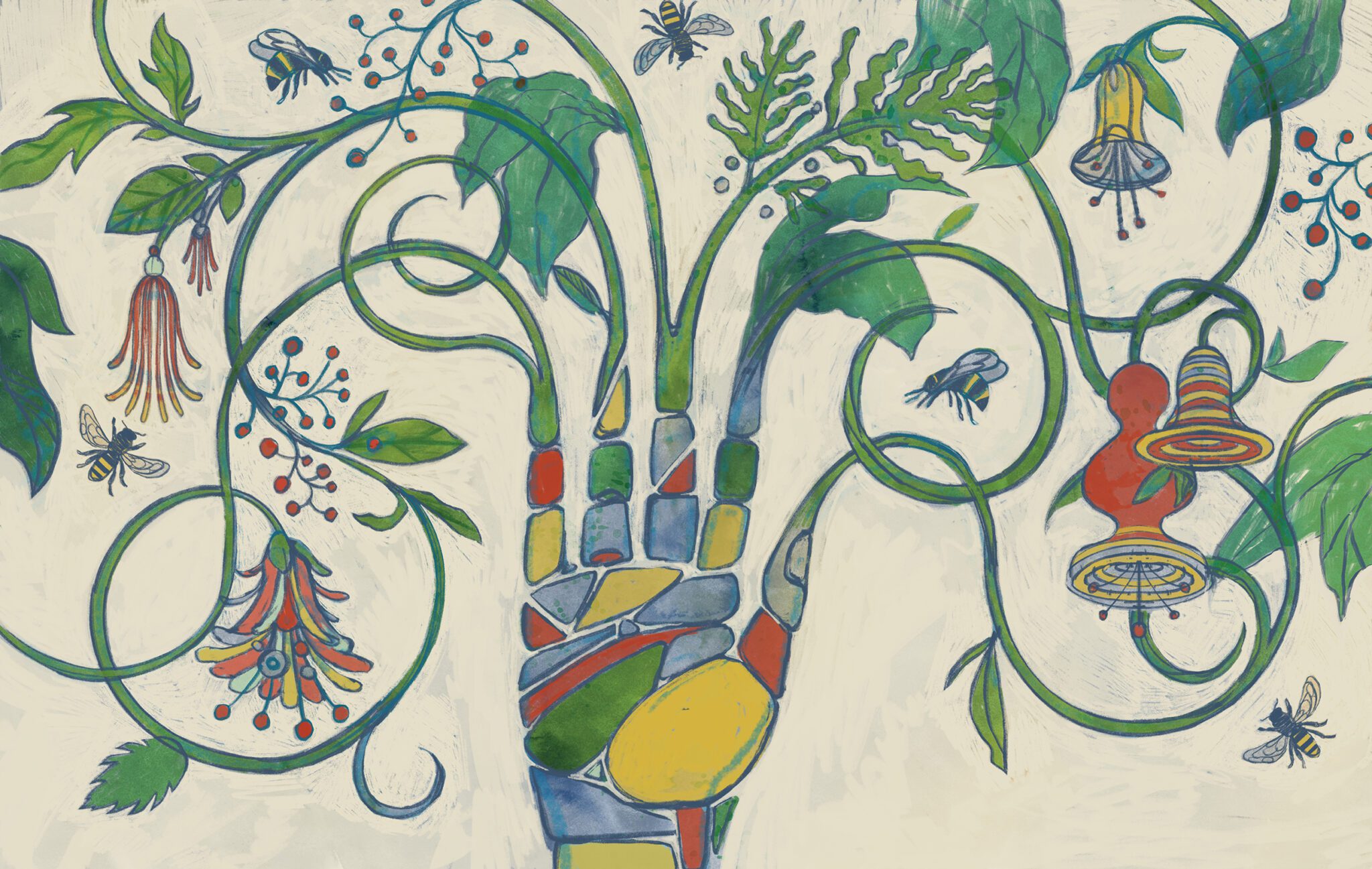
He Studied Near-Death Experiences. They Taught Him About the ‘Great Beyond.’
A psychologist from the Masonic Center for Youth and Families is an expert on near-death experiences—and what they tell us about grief.
For some, joining the Navy represents a way to travel the world and broaden their horizons. Or to earn a career and represent their country. For California Mason and taekwondo master Eric de Jesus, it was a way to front-kick his competitors.
Today, de Jesus is the owner and headmaster of the MyKicks taekwondo center in Burlingame and a member of two Bay Area Masonic lodges (Burlingame № 400 and Columbia Brotherhood № 370). His CV is even longer than that, though—and includes a stint as a corporal with a special taekwondo unit in the Philippine Navy. Here, de Jesus, who is a black belt in two disciplines (taekwondo and karate) fills us in on his life in martial arts and how Masonry has brought his many passions together.

California Freemason: I take it you started practicing taekwondo at a very young age.
Eric de Jesus: I started practicing karate first. But in the Philippines there were no scholarships for karate, so I switched to taekwondo, which had more potential. Taekwondo is the dominant martial art there because it’s an Olympic sport. Most high schools have a team, and colleges give scholarships. That’s how I was able to finish my studies in Manila. Without the scholarship, my parents couldn’t have supported my education.
CFM: And how did you wind up practicing martial arts with the military?
EDJ: I was on the Philippine National Team and had competed in some local tournaments. From there, I was enlisted by the Navy because of my skill. That’s how they do it there. It was a special service unit for athletes; we competed in the World Military Championships against other countries. I came in fourth in the middleweight division.
CFM: What brought you to the United States?
EDJ: I stopped competing when I broke my foot, and started working as an instructor in Manila. In 2003, I brought a student to America to compete in the U.S. World Open, and he won a gold medal. I came back the next year and met my wife.
CFM: How did you launch your business?
EDJ: At first, I was studying in a nursing program. But I found a location in the Burlingame Plaza to start my dojo. It was just me and my wife. We started from scratch—from zero. No students, no contacts. Luckily, this was before the housing crash, and we were able to build up to about 50 students and sustain ourselves during that time. It was all word of mouth.
CFM: Have you met any other Mason martial arts practitioners here?
EDJ: Yes, two of my instructors are Masons. One is my brother, Raffy de Jesus, who came to the United States after I did. He is a member of Burlingame № 400. He had his wedding reception at the lodge. That’s how our other instructor, Gilbert Jamena, was introduced to Masonry. Now he’s a member of Coastside № 762. —IAS
PHOTOGRAPHY CREDIT:
Cayce Clifford

A psychologist from the Masonic Center for Youth and Families is an expert on near-death experiences—and what they tell us about grief.

Freemasonry offers a framework to living a better life. That’s why it holds so many lessons for confronting death—and whatever comes next.

Thanks to lodge volunteers, Masonic Outreach Services can be everywhere to provide support to those in need.